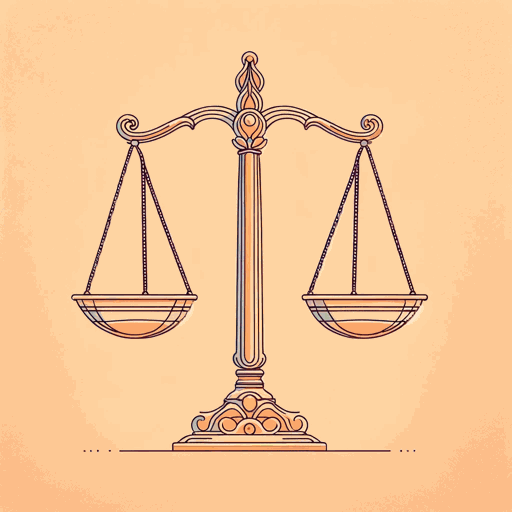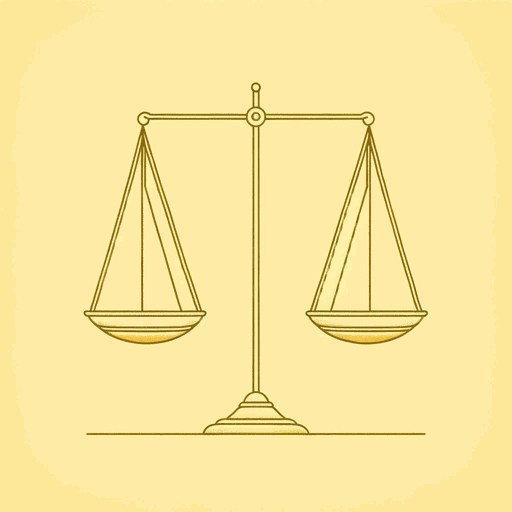53 pages • 1 hour read
Milton FriedmanCapitalism And Freedom
Nonfiction | Book | Adult | Published in 1962A modern alternative to SparkNotes and CliffsNotes, SuperSummary offers high-quality Study Guides with detailed chapter summaries and analysis of major themes, characters, and more.
Chapters 11-13Chapter Summaries & Analyses
Chapter 11 Summary: “Social Welfare Measures”
Friedman decries the expansion of the welfare state—that is, programs intended to improve the health and well-being of specific groups in a society. Many of these programs, including price supports for farmers, old-age insurance, and public housing, are funded by a progressive income tax. Friedman believes that the government should end most of these programs and use different methods for addressing social ills such as poverty.
Paternalistic arguments for public housing are the only ones Friedman believes can be justified, mostly because children are a group that need housing and aren’t able to procure it on their own. However, he thinks arguments about neighborhood effects are common as well. The idea is that people who lack housing impose higher costs on the entire community because they create a need for more police, firefighting, and other public services. Friedman rejects this line of reasoning, saying it’s an argument to tax housing that increases such costs, not an argument in favor of public housing. Plus, the creation of public housing projects has often led to a smaller number of units overall, he says. This means that these projects have more people per unit than the houses and apartments that got destroyed.
Friedman says minimum-wage laws have done the opposite of what they were intended to do, increasing poverty and wealth disparities.


